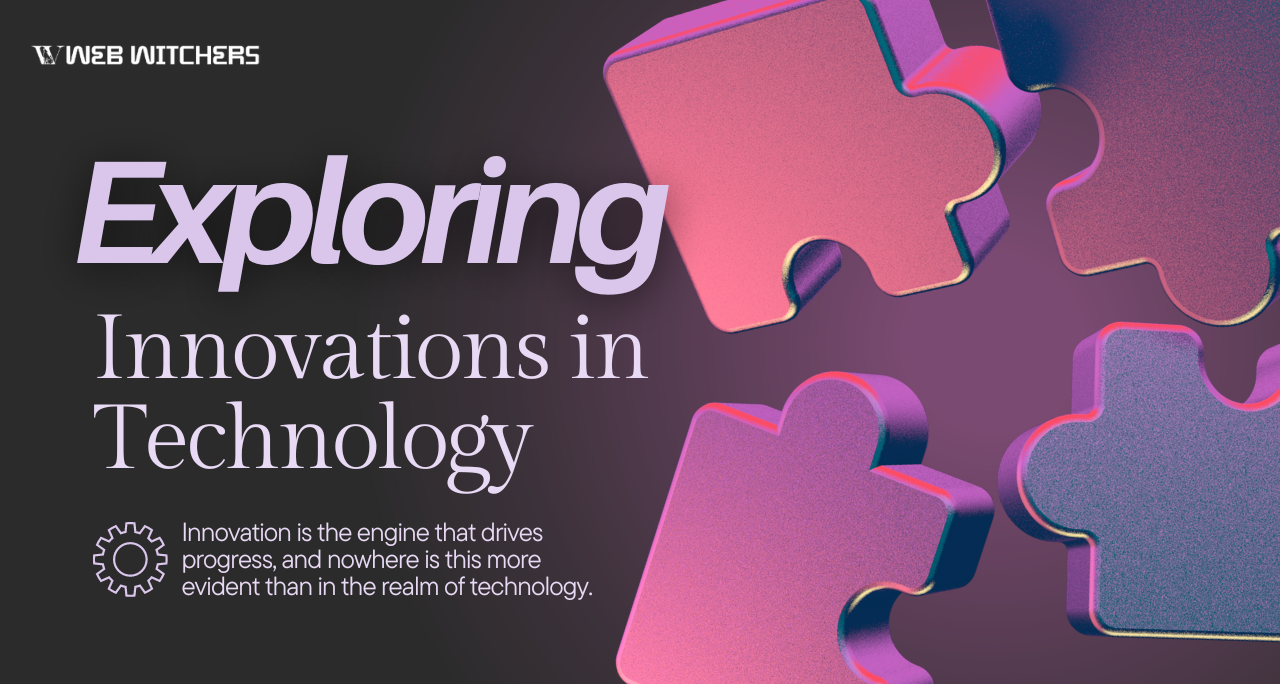Innovation is the engine that drives progress, and nowhere is this more evident than in the realm of technology. From the invention of the wheel to the development of artificial intelligence, humanity has continuously pushed the boundaries of what is possible through innovation. In today’s fast-paced world, where technology evolves at an exponential rate, staying abreast of the latest innovations is crucial for businesses, individuals, and society as a whole. In this blog post, we will delve into some of the most exciting innovations shaping our present and future.
The Rise of Artificial Intelligence
Artificial Intelligence (AI) has emerged as one of the most transformative technologies of the 21st century. Powered by advanced algorithms and vast amounts of data, AI systems can now perform tasks that were once thought to be exclusive to human intelligence. From self-driving cars to personalized recommendation systems, AI is revolutionizing industries across the board. One particularly promising area of AI research is in healthcare, where machine learning algorithms are being used to diagnose diseases, predict patient outcomes, and even discover new drugs. As AI continues to advance, its potential to improve lives and drive economic growth is virtually limitless.
Blockchain: Beyond Cryptocurrency
Originally conceived as the technology underlying Bitcoin, blockchain has evolved into a versatile tool with applications far beyond cryptocurrency. At its core, blockchain is a decentralized ledger that records transactions across a network of computers in a secure and transparent manner. This makes it ideal for a wide range of use cases, including supply chain management, voting systems, and identity verification. By eliminating the need for intermediaries and providing a tamper-proof record of transactions, blockchain has the potential to revolutionize industries plagued by inefficiency and fraud.
The Internet of Things (IoT)
The Internet of Things refers to the network of interconnected devices embedded with sensors, software, and other technologies that enable them to collect and exchange data. From smart thermostats that adjust the temperature based on occupancy patterns to wearable devices that monitor our health in real-time, IoT is already changing the way we live and work. As the number of connected devices continues to grow, so too will the opportunities for innovation. In the future, we can expect to see IoT technology applied in areas such as smart cities, agriculture, and industrial automation, leading to greater efficiency, sustainability, and quality of life.
Quantum Computing: Unleashing Unprecedented Power
While still in its infancy, quantum computing has the potential to revolutionize the field of computing as we know it. Unlike classical computers, which use bits to represent data as either 0s or 1s, quantum computers use quantum bits, or qubits, which can exist in multiple states simultaneously. This allows them to perform calculations at speeds far beyond what is possible with classical computers. While practical quantum computers are still years, if not decades, away, researchers are making rapid progress in developing the underlying technology. When they finally arrive, quantum computers promise to tackle some of the most complex problems in science, from drug discovery to climate modeling.
Biotechnology: Engineering Life for the Better
Advancements in biotechnology are opening up new possibilities for treating diseases, enhancing food production, and even extending the human lifespan. Techniques such as CRISPR gene editing are allowing scientists to precisely modify the DNA of organisms, offering potential cures for genetic disorders and insights into the fundamental mechanisms of life. Meanwhile, synthetic biology is enabling the creation of entirely new organisms with useful properties, such as bacteria that can clean up environmental pollution or produce biofuels. As our understanding of biology deepens and our tools become more sophisticated, the possibilities for biotechnology seem boundless.
Conclusion
The pace of technological innovation shows no signs of slowing down. From AI and blockchain to IoT and quantum computing, the future promises to be filled with exciting developments that will reshape the world in ways we can scarcely imagine. By embracing these innovations and harnessing their potential for good, we can create a brighter, more prosperous future for all. As individuals, businesses, and societies, let us continue to explore, innovate, and push the boundaries of what is possible. After all, the only limit to what we can achieve is our imagination.




